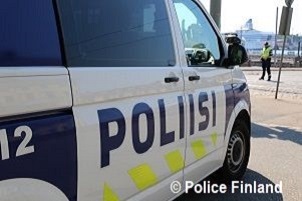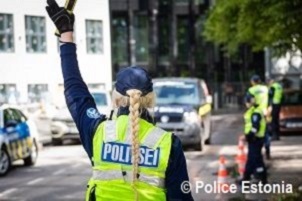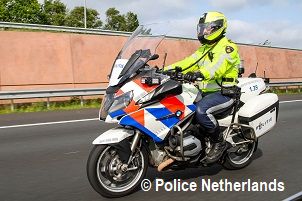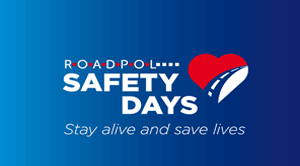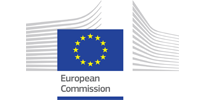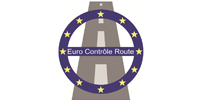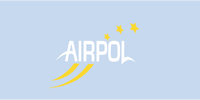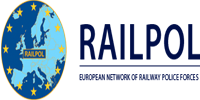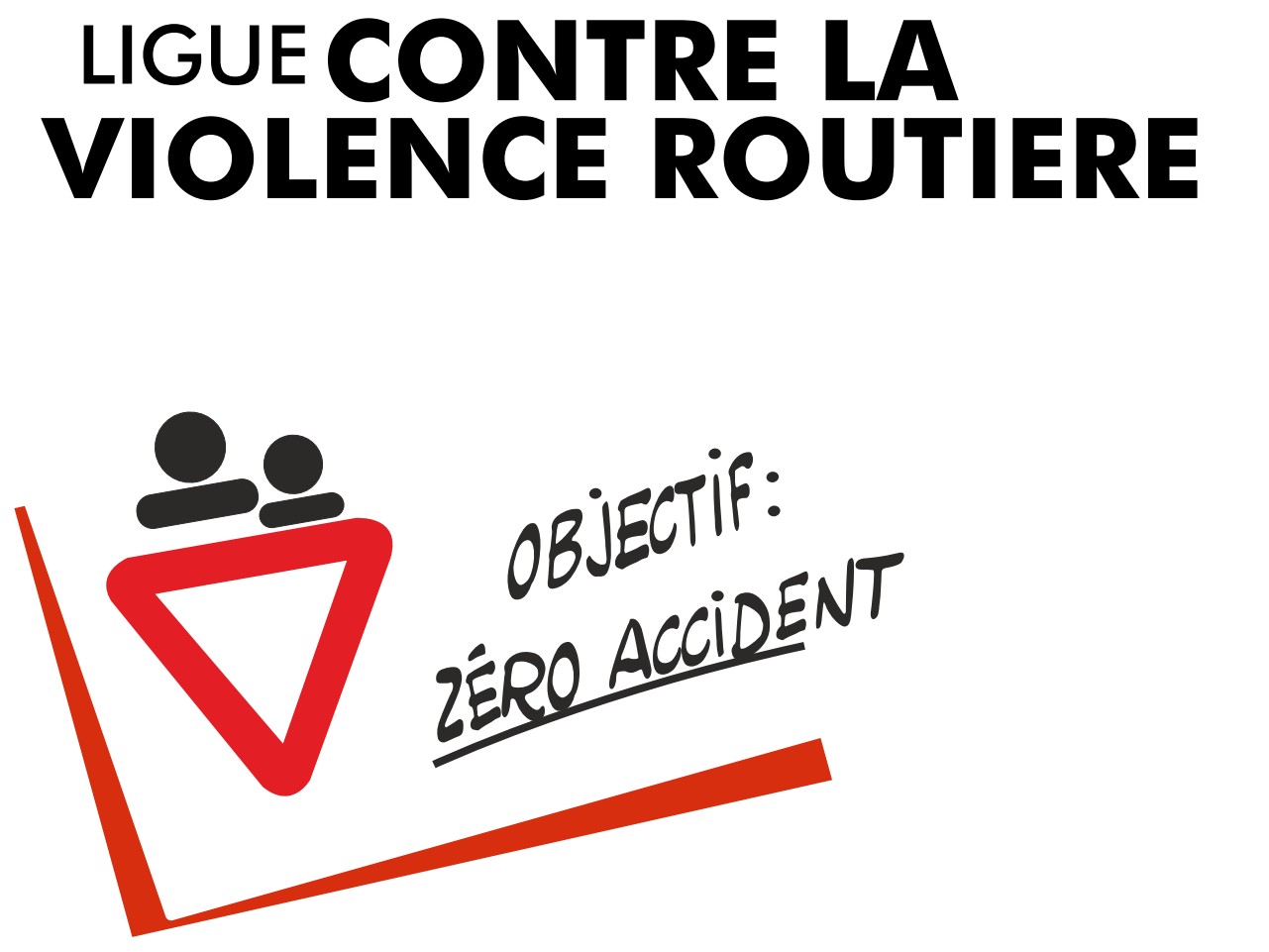Germany
This is a ROADPOL country driving guide to help drivers visiting Germany.
Visitor Information:
- Germany’s population is about 82 million
- The country has 16 Federal States (‘Bundesländer’)
- The territory of Germany covers 357.021 square kilometres.
- It is the European country with the most borders : Denmark, Poland, Czech Republic, Austria, Switzerland, France, Luxembourg, Belgium, & the Netherlands and it is also home to the third-largest number of international migrants worldwide.
- There are about 50 million holders of driving licences in Germany.
- The country has 231.000 km of roads (rural roads) and 12.900 km of motorways with more than 44 million passenger cars, 4.1 million motorcycles and 4.4 million trucks.
- The international vehicle ID code is ‘ D’
Collision & Breakdown Information:
- If your vehicle breaks down or if you are involved in a collision, you must if possible report this immediately to the Autobahn Administration via roadside emergency telephone. Follow the arrows on the guide posts to the next emergency phone or call the ADAC (Allgemeiner Deutscher Automobil Club) 0180 2 22 22 22 or via mobile phone without area code 22 22 22.
- In case of collision put on your reflective jacket, secure the place of accident by displaying a warning triangle well ahead of the accident site and help injured people. We highly recommend to call the police (110 or for the ambulance: 112), which nevertheless is not mandatory. The police will ask for your driving license, vehicle registration certificate and ID document. All European insurance companies have one central number which you can call (make sure to have this number at hand for your country). After your oral report you will be sent a questionnaire to fill out and you will be required to send in documents like the police report, the European Accident Report, the Green Card, invoices for damages, photos of the accident location etc.
Useful Phrase 1 - English:
Call the Police!
Useful Phrase 1 - Destination:
Rufen Sie die Polizei!
Useful Phrase 2 - English:
Do you speak English?
Useful Phrase 2 - Destination:
Sprechen Sie Englisch?
Useful Phrase 3 - English:
My car has broken down.
Useful Phrase 3 - Destination:
Ich habe eine Autopanne
Useful Phrase 4 - English:
Where is the nearest fuel station?
Useful Phrase 4 - Destination:
Wo ist die nächste Tankstelle?
Useful Phrase 5 - English:
I am lost!
Useful Phrase 5 - Destination:
ich habe mich verirrt!
Useful Phrase 6 - English:
Thank you!
Useful Phrase 6 - Destination:
Danke!
Road Traffic Policing:
- The driver of a car must have a reflective jacket.
- A first aid kit must be carried in the car.
- In case of traffic jams, drivers must position their cars so as to create a lane for emergency vehicles between the most left side lane and its neighbour.
- In case of closure of one lane due to construction work or accident, the “zipper rule” (Reißverschluß) applies (as the name suggests, vehicles are expected to take turns proceeding from each direction or lane).
- In the cold season winter tyres are required, windows have to be completely free of snow and ice; recommended are daytime running lights, a blanket to keep you warm in case of congestions.
- In winter check weather forecasts, plan enough time for travelling, think about using public transport, carry out brake test, do not switch to secondary roads which are often not cleared of snow and ice, keep your distance, start braking earlier, drive carefully on bridges (more icy roads to be expected), take a towing rope, battery booster cable, gloves, ice scraper, broom and de-icer with you.
- All passengers of a car are obliged to use the seatbelt. Minimum age and height for passengers in the front seat are 12 years and 150 cm. Babies and children have to be appropriately secured (certified seats and belts).
- For pets the rules for load securing are applicable (belt and harness etc.).
Road Traffic Enforcement:
- All traffic offences are enforced by the uniformed police of the federal states. The police engagement is aimed at procuring road safety and security.
- Speed offences are also sanctioned by municipalities.Minor offences can be fined on the spot.
- Offenders without residence in Germany may have to leave a security/bail (Sicherheitsleistung) to cover forthcoming costs for fine and procedure and so prevent arrest.
- A special measure of enforcement is the so called “offender address”, in the course of which known offenders are visited and warned against committing further offences by police officers.
- The total number of the police staff in Germany is 266.000, 40.000 being part of the federal police.
- Nearly all uniformed police officers are included in traffic enforcement. In the federal states about one third (at the most) of all police officers are working in the field of road safety exclusively.
- Some headquarters deploy special control groups for heavy goods vehicles to enforce traffic laws. At the same time,contact to the truck drivers is intensified at meeting points along the motorways (Fernfahrerstammtisch).
Individual limits and specific driving requirements:
For more information about driving in Germany, please see the European Commission Road Safety Link - 'Going Abroad':
http://ec.europa.eu/transport/road_safety/going_abroad/germany/index_en.htm


